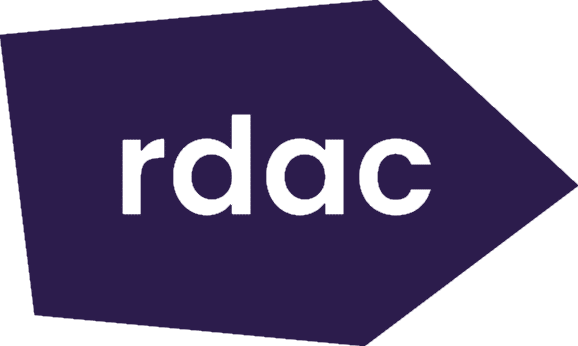
Drive Forward
Whether you are starting your journey learning to drive or a change in circumstance requires you to update your skills or become familiar with a new adaptation, we can support you with expert familiarisation or tuition. If you have individual accessibility needs which make the theory test for driving challenging, our knowledgeable driving instructors can give bespoke support.

Thinking about starting to drive?
There are a few things to consider when you are starting to drive. Have a look at the links below, which explain what you need to do if you are starting to drive with a diagnosed medical condition or a disability.
Make sure DVLA are informed of your diagnosis, and this is on your provisional licence. The link below provides all the necessary information.
Learn to drive a car: step by step - GOV.UK
You can apply for a provisional licence at 15 years and 9 months old. You can learn to drive a car and take a test at 17. If you already have a provisional licence to ride a moped, you do not need to reapply.
In England & Wales
If you have a disability or long-term health condition
You can learn to drive a car and take a test when you’re 16 if you get either:
- The ‘mobility part’ of Personal Independence Payment (PIP) at the higher rate.
- The ‘mobility component’ at the higher rate of Disability Living Allowance (DLA) for children and have applied for PIP - you must be receiving DLA before you turn 16 to be eligible.
Support and doing your theory test
The Department for Transport has funded theory test support to help people with neurodiversity, additional needs, and learning difficulties pass their driving theory test. RDAC are currently able to offer this service in Solihull.
The step-by-step guide in the links above has the details on how to apply for a test and details to know, but if you need more help, get in touch with us.


Understanding if adaptations to a car could help you
Our teams at RDAC are experienced in supporting people with physical access requirements. When you’re learning to drive, it is not always obvious which adaptations might help you. Your driving instructor might be able to assist your learning, but may not have access to all the adaptations which could help. Adaptations are useful, not only if you have a physical disability or difficulty, but can be helpful if you find some parts of the car difficult to control.
We hope you feel comfortable in talking to us, an Occupational Therapist can discuss your needs with you before you get booked in for an assessment, if you are at all concerned.
How could a driving assessment help you before or when taking lessons
A driving assessment with RDAC is completely different from a driving test. The assessment is about ensuring that you, your passengers and other road users are safe when you are driving a car. If you are in the process of learning to drive and experiencing some difficulties, an assessment could help you identify what might help you while learning.
What Happens In An Assessment?
The assessment will be conducted by a Driving Advisor and an Occupational Therapist. It will start with an initial consultation and any relevant cognitive exercises to determine your requirements. A physical assessment may also be required to identify any limitations which could affect your ability to operate standard controls of a vehicle, and possible adaptations to enable you to drive more safely or comfortably.
You will be required by law to read a number plate at 20 metres. Any other visual impairment may require further investigation.
If you are learning to drive, the assessment will be adapted to take this into account, the route used is designed to gauge your reaction to standard driving conditions and to check that you are in full control of the vehicle. The assessors will look at how you are aware of what is going on around you and how you are able to make safe decisions. In doing this they will be able to identify what could help your learning.
At the end of the assessment, we will discuss and advise what you should do next and wherever possible we will make recommendations to improve either the vehicle control or your technique.
How Long Does The Assessment Take?
Following the assessment a full comprehensive report will be written which you will receive 10-14 working days after the assessment.

Will The Assessment Be Taken Into Account?
If you are learning to drive, the assessment will be adapted to take this into account. The route used is designed to gauge your reaction to standard driving conditions and to check that you are in full control of the vehicle. The assessors will look at how you are aware of what is going on around you and how you are able to make safe decisions. In doing this, they will be able to identify what could help your learning.
At the end of the assessment, we will discuss and advise what you should do next and wherever possible, we will make recommendations to improve either the vehicle control or your technique.
Things to think about when choosing a driving instructor
Disability Driving Instructors | Find a specialist driving instructor
To learn to drive and be able to drive on a road or public place (including private land to which the public have access, you will need a provisional driving licence. You can apply for a provisional driving licence when you’re 15 years and 9 months old. You can usually start driving a car when you’re 17.
Are the rules different for driving at 16 with a disability or long-term health condition?
The enhanced or higher rate of the mobility part of Personal Independence Payment (PIP) or the ‘mobility component’ at the higher rate of Disability Living Allowance (DLA) for children and have applied for PIP (DWP normally invite you to apply when you turn 16) – you must be receiving DLA before you turn 16 to be eligible
Must anyone you pay to teach you to drive be either a qualified driving instructor?
- A qualified and approved driving instructor (ADI)
- A trainee driving instructor
Should you check instructor’s licence status?
A trainee licence:
- Helps the instructor gain experience instructing pupils to drive to prepare for their final qualifying test
- Lasts for 6 months
Whilst a trainee licence can be extended, you should explore the contingencies should they have to stop teaching.
Where Can I Find Help?
RDAC can offer driving lessons in Solihull and Leicester. Email drivingschool@rdac.co.uk or call 0300 300 2240.
You can search for instructors via https://www.gov.uk/find-driving-schools-and-lessons Not all instructors are registered on the website.
Specialist instructors and instructors with adapted cars can be searched for via www.disabilitydrivinginstructors.com

How To Book?
RDAC is a charity and unfortunately our grant funding does not cover the cost of an assessment, to be sustainable we do need to charge a fee. If you are referred through NHS the referral cost is £75.00, you will need a health professional to do this for you.
A self referral and carries a fee of £150 which will be taken when we call you to book you in for an assessment, following the submission of this form. If you cancel your booking within 2 days we cannot offer a refund, if you cancel more than 2 days before your booking date, we charge an admin fee of £20.

Get Involved With RDAC
As a charity, RDAC relies on grants and donations to fund the critical service it provides. We are always grateful for the support of the public, and if you would like to donate, we ensure that contributions go directly to front-line services.
If you are interested in talking to us about commercial partnerships, becoming a Trustee or volunteering with us, please contact us at info@rdac.co.uk. Thank you.

